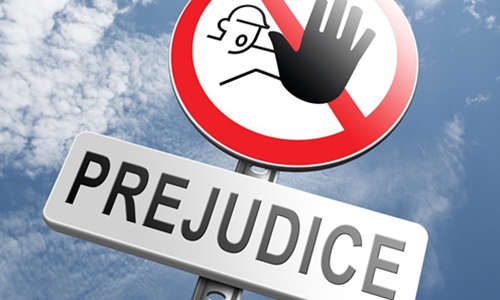HOME >> OPINION
Washington unwise to push WSJ reporters’ issue too far
Source:Global Times Published: 2020/2/25 23:50:40 Last Updated: 2020/2/26 2:01:20

Photo: IC
After China revoked the press credentials of three Wall Street Journal (WSJ) reporters following a commentary which severely insulted the Chinese people, will the incident continue to be hyped?
John Ullyot, a spokesman for the White House's National Security Council, noted that "the US is considering a range of responses." US government officials held a meeting at the White House on Monday local time and discussed the options. The initial reports said no consensus over whether to expel Chinese journalists has been reached.
However, the WSJ, which is in the eye of the storm, does not seem to wish to escalate the situation. According to information obtained by the Global Times, senior executives of the WSJ wrote a second letter to the Chinese side, stating they've recognized the harm and fury caused by a commentary published by the newspaper and they are feeling disturbed about it.
In the letter, the WSJ's senior executives said they have learned their lesson, and were not aware that "sick man of Asia" has historical implications which made the Chinese people recall the injustice their country had encountered, and many employees in the company expressed their dissatisfaction.
The WSJ is responding to Chinese penalties in a low-key manner. The commentary that has caused an uproar was deemed controversial within the newspaper. Yet some US political elites, including US Secretary of State Mike Pompeo, are accusing China of violating so-called freedom of speech. According to Bloomberg, there has been a debate on whether to order dozens, and perhaps hundreds, of Chinese reporters to leave the US, while others say "that's not legally possible or in keeping with American values on freedom of the press."
China has always respected foreign correspondents on its soil. It is the US, which talks about freedom of the press all the time, that has been constantly putting stumbling blocks on visa application of Chinese correspondents in the US. According to incomplete data, from February 2018 to June 2019, visa applications of at least nine journalists from major Chinese media had been denied by the US.
The current US administration is particularly harsh on journalists. In November 2018, the White House revoked the press credentials of a CNN correspondent just because of his sharp questions. The incident exposed the real attitude of the US government toward reporters. Foreign correspondents working in the US face a more difficult situation.
The US has many ways to create difficulties for foreign media outlets, requiring several Chinese and Russian media organizations to register as "foreign agents" is one of them. The US State Department recently designated US operations of five Chinese news outlets as "foreign missions." It's ridiculous.
Senior officials of the US, including Pompeo, openly supported WSJ and the White House held a meeting to discuss how to retaliate for China's penalty to WSJ. Can this be viewed as evidence that the WSJ is actually the agent of the US government?
And the US always does so in a self-righteous way. No matter what it does to Chinese media and journalists, it cites the reason that they are official agency. But once China takes any action, it claims China violated freedom of speech. Washington plays political and diplomatic tricks but paints them as an ideological conflict.
The US media ridicules China as the "real sick man of the Asia," and the US government constantly suppresses Chinese media's operations in the US. Why can't China do something to express our attitude and temper? The Chinese foreign ministry announced last week it would revoke the press credentials of three journalists of the Wall Street Journal. This is China's answer.
If the US side wants to escalate the issue, China won't fear. There are Chinese reporters working in the US, but there are also American reporters working in China. Washington needs to understand each of its moves to create difficulties for Chinese journalist will likely increase risks for American journalists based in China. This is the simple logic.
In the 21st century, it is not a good thing for journalists to shoulder the heavy pressure of the game between China and the US. We want to tell Washington not to go too far.
Posted in: EDITORIAL